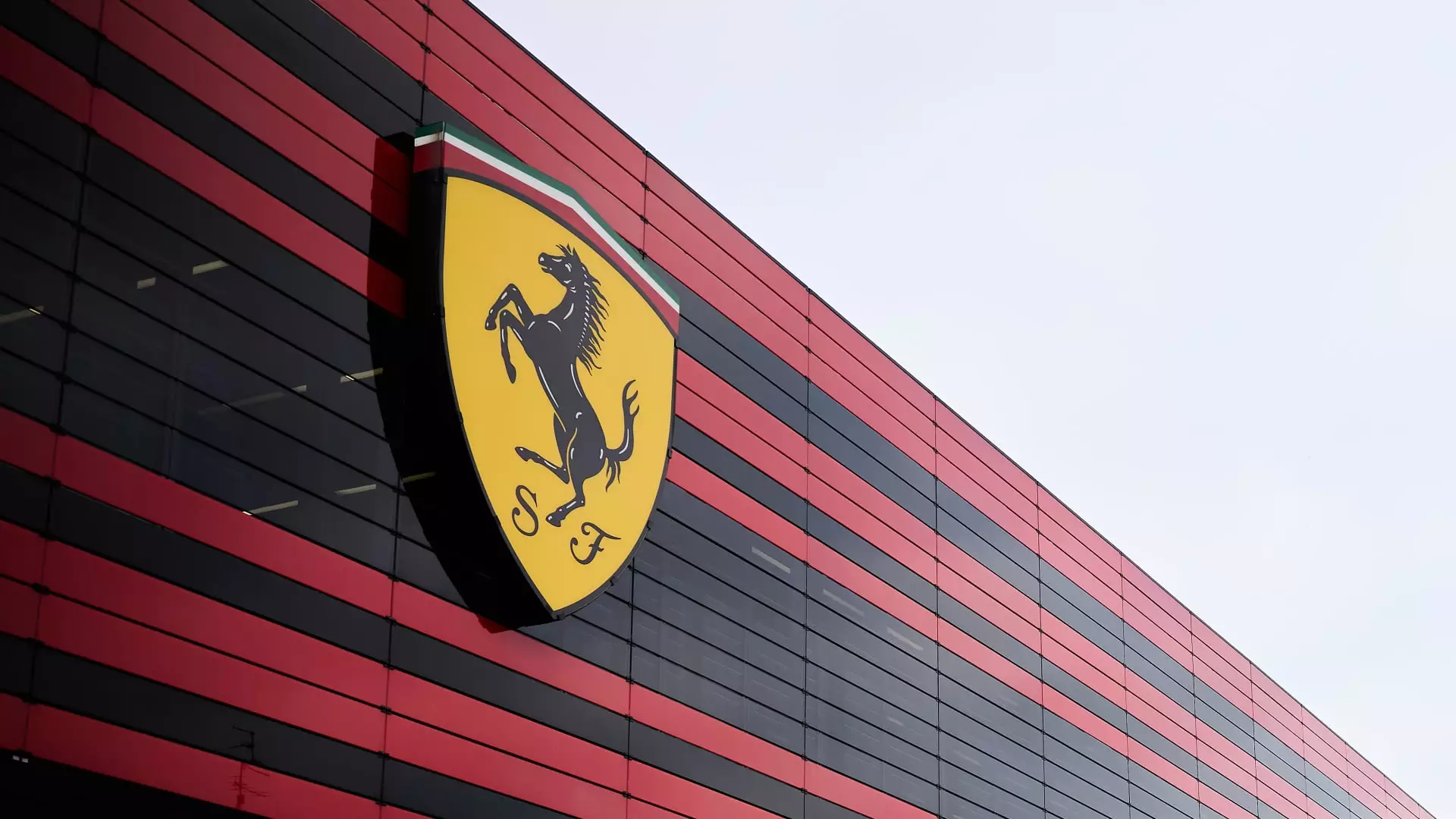Ferrari’s recent announcement to raise prices by 10% on select models post-April 1 is not just a reflection of rising tariffs; it uncovers a troubling undercurrent in the world of luxury goods. With price increases of up to $50,000 on a typical model, one can’t help but question the ethics of such pricing strategies, especially in a market that is already reserved for the affluent. The motives behind such vulnerable financial maneuvering are concerning, revealing a luxury industry prone to exploiting even the wealthiest consumers while justifying it under the guise of market forces.
Impact of Tariffs on Luxury Buyers
The 25% tariffs imposed by the Trump administration offer a convenient scapegoat for Ferrari’s hefty price hikes. While the company insists that their more affordable models like the Purosangue SUV and the limited-edition F80 are impacted, they seem to overlook a critical aspect—who really buys these cars? Of course, Ferrari buyers are typically wealthy enough to absorb these costs, but the ethical implications of passing on extra expenses to customers who have earned their fortunes through hard work merit serious examination. What does it say about the luxury market when the narrative surrounding prices continues to be one of exploitation rather than customer respect?
Market Dynamics and Brand Loyalty
It is worth noting Ferrari’s waiting list that extends over a year, raising questions about their long-term strategy. The company seems insulated from the tariff’s immediate fallout, yet they risk alienating loyal customers by continuously adjusting their prices upward. Customers may be financially capable of enduring these hikes, but this does not mitigate potential frustrations that can arise from feeling taken advantage of by high-end brands. Take a moment to ponder: how much is too much for loyalty in a luxury brand? As issues like inflation affect consumers’ everyday realities, Ferrari’s moves could unwittingly push some potential buyers away from a brand that prides itself on exclusivity and customer care.
Responsibility in Pricing
Ferrari’s CEO, Benedetto Vigna, emphasizes a need for sensitivity in pricing, stating the necessity of respecting customers who’ve worked hard for their wealth. While it’s commendable that the CEO acknowledges this reality, one has to wonder if it’s enough. It seems more like a public relations gesture than a genuine commitment to balanced pricing strategies. The automotive industry is in a state of flux, and brands like Ferrari have a responsibility to tread carefully rather than leaping at the chance to maximize profits, especially in a world where economic inequality continues to widen.
The Future of Luxury Automobiles
As Ferrari gears up to unveil its first all-electric line, the automotive industry’s transitional phase also anticipates a shift in consumer sentiment. Will loyal customers continue to adhere to a brand that raises prices in tandem with tariffs, or will they start seeking alternatives that embody luxury without financial malaise? As Ferrari clings to its luxurious branding amid rising costs, the question remains—what will it take for the market to recognize the precarious balance between profits and customer loyalty? The future may not just belong to those who can afford to pay—rather, it might favor those who remain keenly aware of their buyers’ sentiments.


Leave a Reply